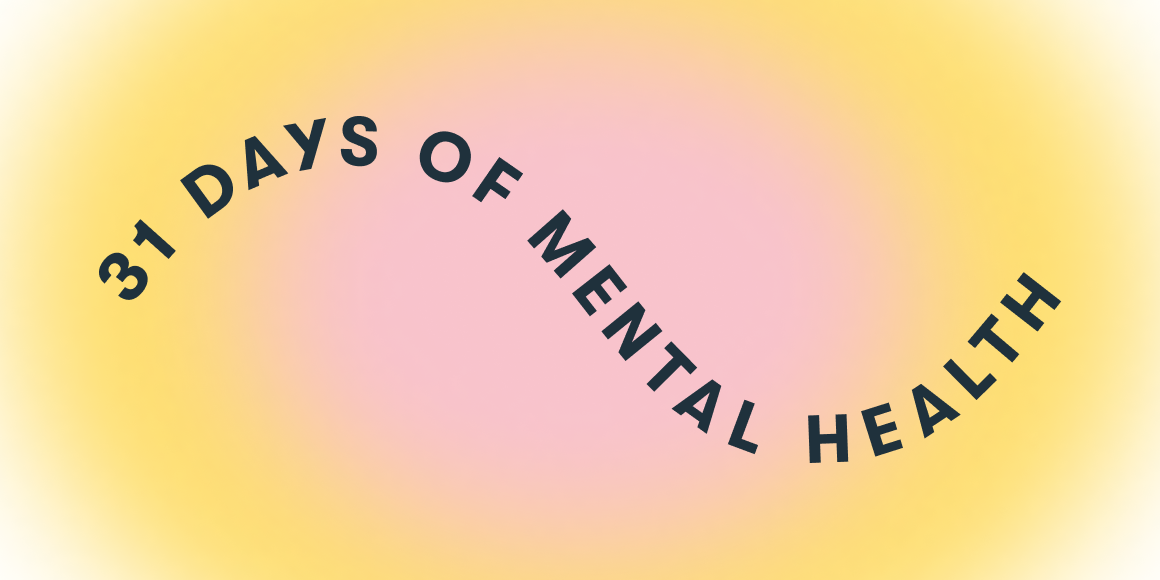
Today it is estimated that nearly one billion people worldwide live with a mental disorder. May is Mental Health Awareness Month and Twill has been publishing something new every day, from upbeat playlists and inspirational quotes to self-care tips, factoids, and resources for underserved communities. It’s all freely available on The Upside, our content channel designed to support users in moments when they need quick boosts of motivation and positivity.
Short-form content can be particularly effective in reaching those who may not even know they are struggling. Here are a few of our favorite things we have published so far this month:
1. Feel-Good Songs to Lift Your Mood
A 20-song playlist with classic hits by ABBA and Stevie Wonder as well as some newer tracks from artists like Jon Batiste and MisterWives. Studies have shown that listening to music can have a powerful effect on our mood. Certain songs can both extend a mood (like playing sad songs after a breakup) or reverse it (like putting on a dance music when you're feeling down).
2. Shift Your Mindset About Self-Care
Self-care should be like brushing your teeth, something you make a habit of even when things are going well and you feel fine. Clinical psychologist Jacqueline Sperling, Ph.D. says small acts of self-care incorporated into the routine of your day-to-day life can help you become more resilient and feel more prepared when challenges arise.

- Taking five minutes to lie down or sit comfortably, and focus on your breath.
- Setting aside time to eat a balanced meal away from your desk and all devices.
- Prioritizing moving your body for just 15 minutes once a day, every day.
3. What It Feels Like: I Finally Got Help for My OCD & Depression
Ryan Slaugh always knew he was a little different, but dismissed what he thought were just behavioral quirks until, after college, he found himself struggling to function. Read the powerful story of one man's journey from denial to seeking support and eventually being diagnosed with OCD and depression, including links to resources if you or someone you know might be in a similar situation.
4. Mental Health Organizations Supporting Underserved Communities
The mental health treatment gap refers to the difference between the number of people who need mental healthcare and those who actually receive it. It's a widespread phenomenon especially prominent among racial-ethnic minority groups, the LGBTQ+ community, and rural populations.
Organizations like Latinx Therapists Action Network (LTAN), Black Emotional and Mental Health Collective (BEAM), National Queer and Trans Therapists of Color Network (NQTTCN), and Rural Health Information Hub (RHIhub) are working to make mental health education, support, and treatment accessible to everyone, including those who are often marginalized by the healthcare system.
Keep checking The Upside every day through the end of the month for more new content as part of our 31 Days of Mental Health initiative in observance of Mental Health Awareness Month.

